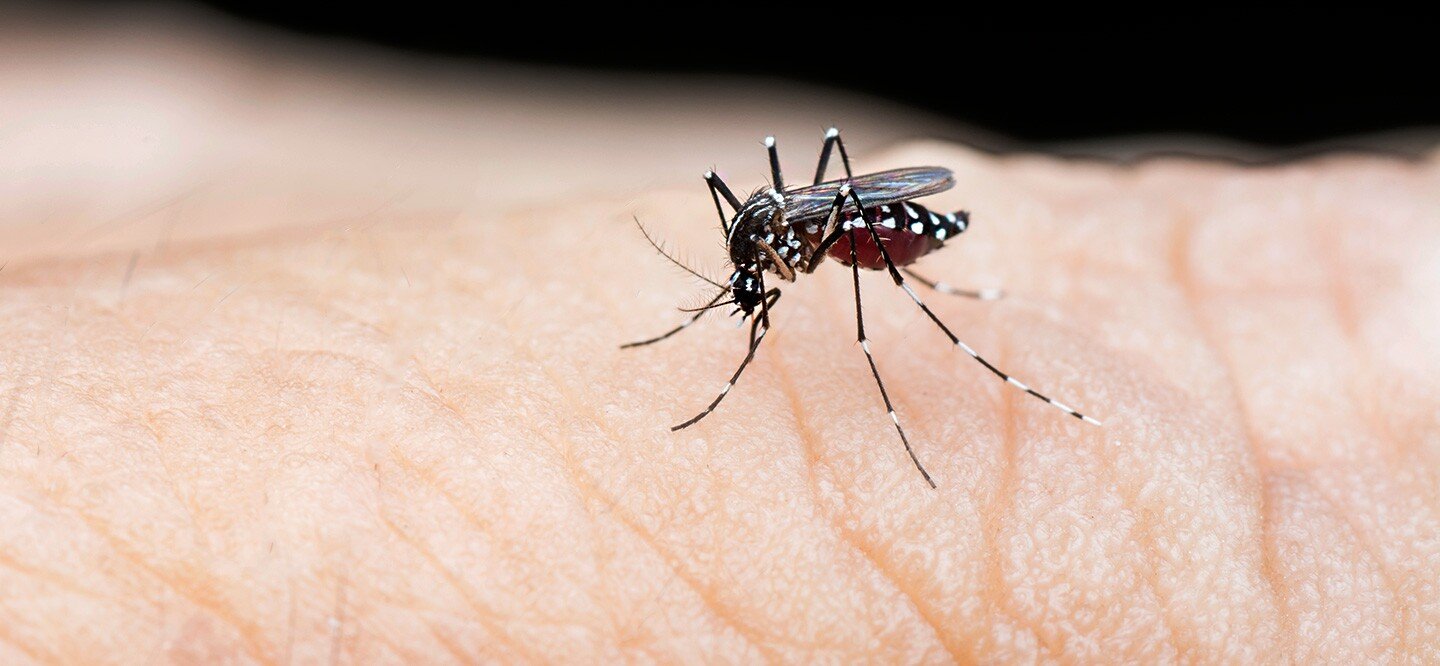IISc uses computational analysis to show how dengue virus evolved in India
May 02, 2023 | Tuesday | News
At any given time, several strains of each serotype exist in the viral population
image credit- shutterstock
A multi-institutional study on dengue led by researchers at the Indian Institute of Science (IISc), Bengaluru shows how the virus causing the disease has evolved dramatically over the last few decades in the Indian subcontinent.
Cases of dengue, a mosquito-borne viral disease – have steadily increased in the last 50 years, predominantly in the South-East Asian counties. And yet, there are no approved vaccines against dengue in India, although some vaccines have been developed in other countries.
Researchers examined all available (408) genetic sequences of Indian dengue strains from infected patients collected between the years 1956 and 2018 by others as well as the team themselves.
There are four broad categories – serotypes – of the dengue virus (Dengue 1, 2, 3 and 4). Using computational analysis, the team examined how much each of these serotypes deviated from their ancestral sequence, from each other, and from other global sequences.
Until 2012, the dominant strains in India were Dengue 1 and 3. But in recent years, Dengue 2 has become more dominant across the country, while Dengue 4 – once considered the least infectious – is now making a niche for itself in South India, the researchers found. The team sought to investigate what factors decide which strain is the dominant one at any given time. One possible factor could be Antibody Dependent Enhancement (ADE).
Such insights are possible only from studying the disease in countries like India with genomic surveillance, because the infection rates here have been historically high, and a huge population carries antibodies from a previous infection.









